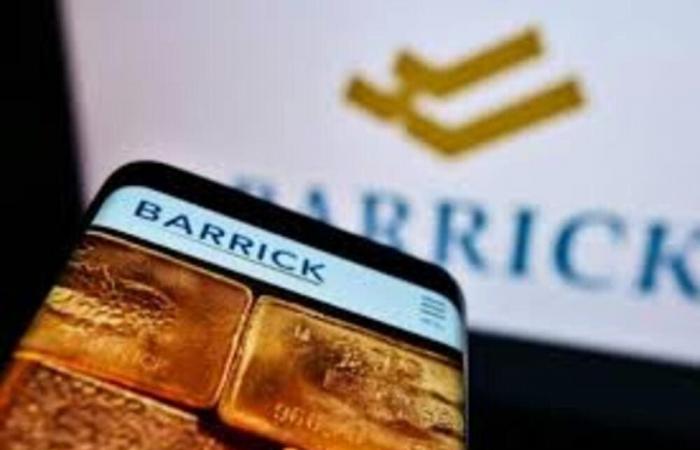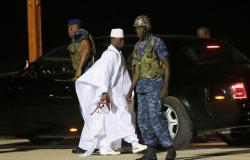Mining giant Barrick Gold Corporation, a key player in gold mining in Africa, is at the center of a legal dispute with the Malian state.
As the company has taken the matter to the International Center for Settlement of Investment Disputes (ICSID), Barrick executives, including its CEO Mark Bristow and the general manager of the Loulo-Gounkoto mining complex, Cheikh Abass Coulibaly, are facing challenges. accusations of money laundering, with international arrest warrants issued against them.
In 2023, a series of ambitious reforms were introduced to strengthen tax revenues and dividends from foreign companies. These measures include a review of mining conventions and stricter supervision of financial transfers.
These reforms caused tensions with Barrick Gold, the main operator of the Loulo-Gounkoto complex. This site, located in the west of the country, is one of the largest gold deposits in West Africa, contributing significantly to Mali’s mining revenues.
Tensions reached a new peak in December when Malian justice issued international arrest warrants against Mark Bristow, CEO of Barrick Gold Corporation and Cheikh Abass Coulibaly, general manager of the Loulo-Gounkoto complex.
The two leaders are accused of money laundering, in connection with a dispute over profits accruing to the Malian state. These accusations are in addition to those already made against four Malian executives of the company, who were arrested and placed in detention in November 2024.
The Malian government says Barrick owes 300 billion FCFA (about $512 million) in back taxes and dividends. He also criticizes the company for financial transfers deemed irregular and contrary to local laws.
Barrick Gold responded strongly, rejecting all accusations. The company claims to have scrupulously respected the contractual clauses and Malian laws in force. According to her, these accusations are an attempt at political pressure aimed at changing the conditions of their agreements.
This legal conflict could have profound repercussions for both parties. For Mali, the potential suspension of Barrick’s activities could deprive the country of a key source of tax revenue and foreign exchange.
Loulo-Gounkoto generates hundreds of millions of dollars for the Malian economy each year and employs thousands of people, directly and indirectly.
For Barrick Gold, a disruption of operations in Mali could reduce the company’s profits by 11% in 2025, according to financial analysts.
The crisis could also tarnish Barrick’s image among its investors and complicate its relations with other host countries.
International arbitration and its limits
The use of ICSID, based in Washington, provides a neutral platform for resolving investor-state disputes. Barrick hopes to obtain significant financial compensation for the losses suffered and restore its operating rights in Mali.
However, this process can be lengthy and expensive. Proceedings before the ICSID often last between three and five years. A judgment unfavorable to Barrick could also dissuade other investors from coming to Mali, reinforcing the perception of an uncertain economic environment.
This dispute illustrates the persistent tensions between African countries and multinational companies in the management of natural resources. Mali, like other African states, is seeking to make better use of its mineral wealth to finance its development. However, this quest for economic autonomy can come up against well-established foreign interests.
For Mali, the outcome of this conflict will constitute a test of its ability to balance national sovereignty and attractiveness for foreign investors. As for Barrick, this dispute could redefine its strategies on the African continent, where political risks remain high.
MD/te/Sf/APA






